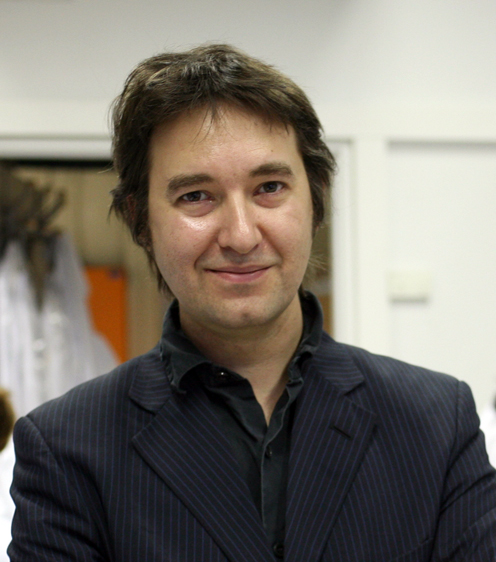
Thomas Bourgeron
Professor
University Paris Diderot
From this contributor

Expliquer la résilience à l’autisme peut faire naître de nouvelles thérapies
Explaining ‘resilience’ in autism may seed new therapies
Some individuals who have autism mutations show no signs of the condition; understanding why may lead to treatments.

Explaining ‘resilience’ in autism may seed new therapies
Questions for Thomas Bourgeron: In search of ‘second hits’
Taking a close look at people who have a mutation in a known autism gene may reveal why these people often have vastly different characteristics.

Questions for Thomas Bourgeron: In search of ‘second hits’
Explore more from The Transmitter
Xiao-Jing Wang outlines the future of theoretical neuroscience
Wang discusses why he decided the time was right for a new theoretical neuroscience textbook and how bifurcation is a key missing concept in neuroscience explanations.
Xiao-Jing Wang outlines the future of theoretical neuroscience
Wang discusses why he decided the time was right for a new theoretical neuroscience textbook and how bifurcation is a key missing concept in neuroscience explanations.
Memory study sparks debate over statistical methods
Critics of a 2024 Nature paper suggest the authors failed to address the risk of false-positive findings. The authors argue more rigorous methods can result in missed leads.

Memory study sparks debate over statistical methods
Critics of a 2024 Nature paper suggest the authors failed to address the risk of false-positive findings. The authors argue more rigorous methods can result in missed leads.
Attention not necessary for visual awareness, large study suggests
People can perceive some visual information even if they do not pay direct attention to it.

Attention not necessary for visual awareness, large study suggests
People can perceive some visual information even if they do not pay direct attention to it.